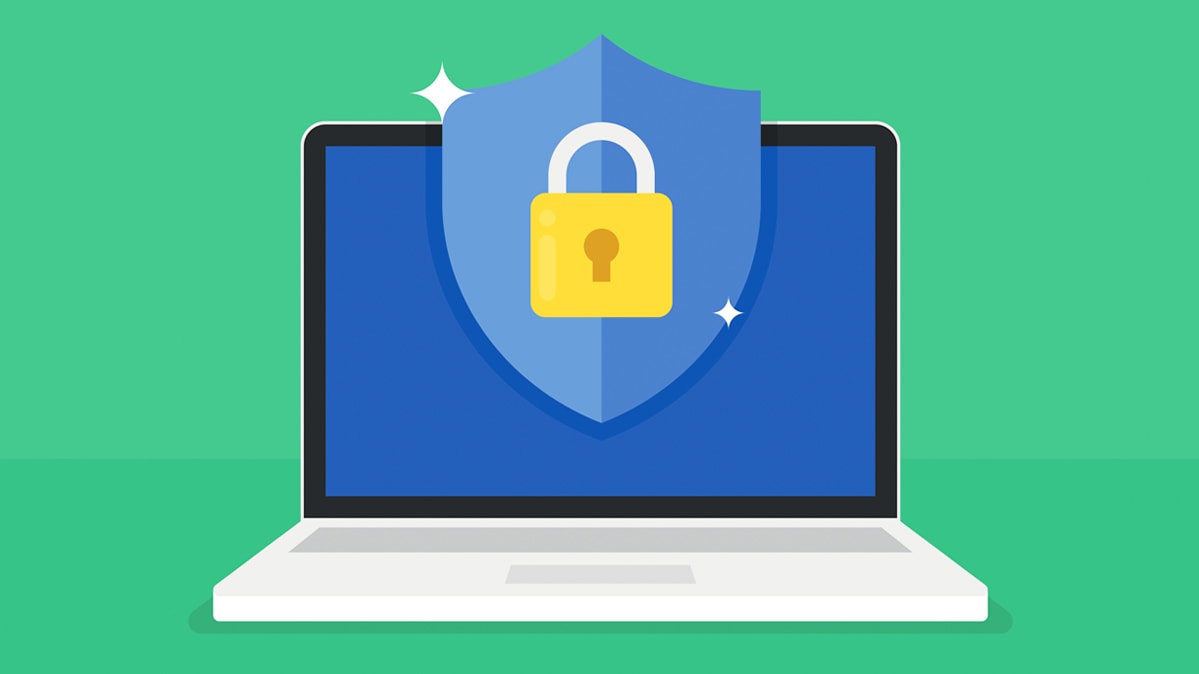
Just Say No
“Be stingy with personal information,” advises Justin Brookman, Consumer Reports’ director of consumer privacy and technology policy. The less data you give out, the less there is to be stolen. Consumers aren’t obliged to comply with every request for personal data.
Guard Mom’s Maiden Name
Because crooks can search online for details such as your mother’s maiden name or where you attended elementary school, use memorable but fictitious details for online security questions.
Be Unique
Using strong passwords is a must, but it’s just as critical to use different ones for each site. You don’t want cybercriminals to luck into your banking password if they happen to hack into your favorite site for cute socks.
Write It Down
In a perfect world, you’d commit your hard-to-hack, 11-character alphanumeric passwords to memory. It’s not a perfect world. “If you don’t have nosy roommates, just write down your passwords” in a secure spot, Brookman says. (Experts also recommend digital password managers.)
Use a Burner Email
Create a separate email address for one-time purchases and for logging in to the occasional ukulele chat group. That will limit the risk to the email address you use for more sensitive activities.
Freeze Credit Reports
You can do this free at all of the major credit reporting bureaus, which should make it tough for criminals to get a credit card or mortgage in your name. You can temporarily unfreeze the reports if you need to take out a loan yourself.
Monitor Accounts
Look for suspicious activity on financial accounts, and contact institutions immediately with any questions. The Identity Theft Resource Center has detailed advice for consumers facing data breaches and identity theft.
